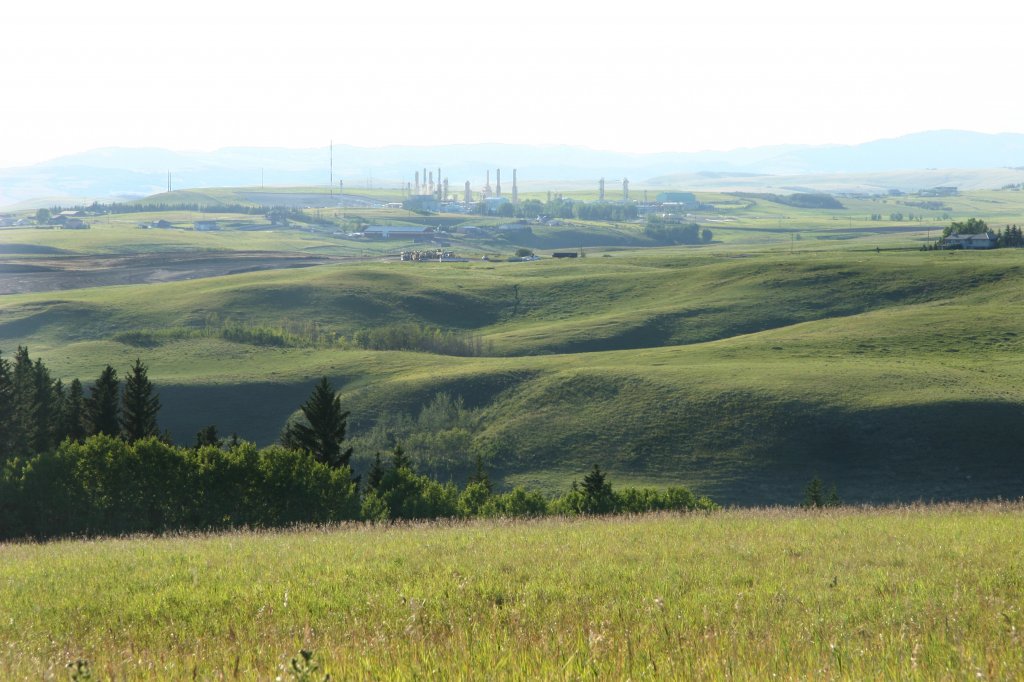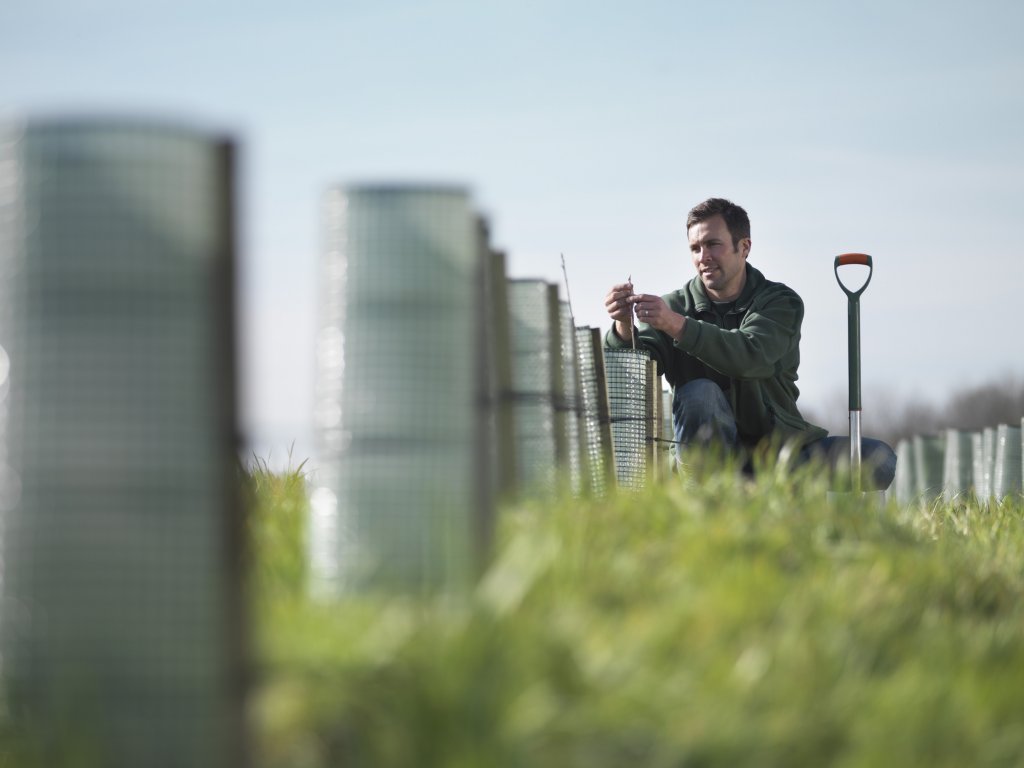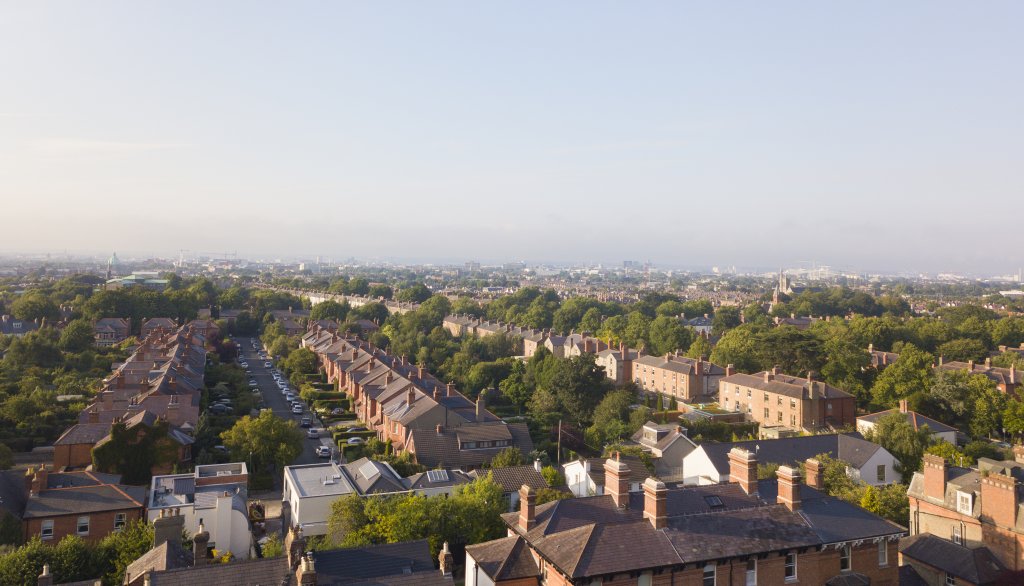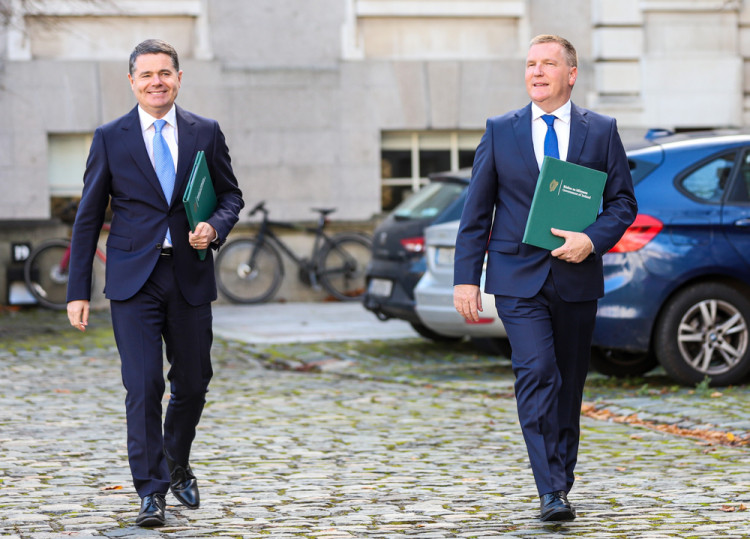This week, the Irish Government held the National Economic Dialogue 2023, which represents the main method of public consultation and discussion on the forthcoming Budget 2024.
Hosted jointly by the Department of Finance and Department of Public Expenditure and Reform, the National Economic Dialogue (NED) this year focussed on the theme of 'Enabling a Sustainable Future for All’, a slight shift from last year’s theme of ‘Building Economic Resilience to deal with International Challenges.
The recommendations of the seven thematic NED breakout sessions directly feed into the Irish budgetary process, via the Summer Economic Statement expected in July, and Budget 2024, expected in September.
Shifting to the Medium-Term Outlook for the Irish Economy
Briefly looking backwards, it is safe to say that the Irish economy has weathered the pandemic and energy price fluctuations rather well. While unemployment is at historic lows, competitiveness is limited somewhat by demand exceeding supply in areas such as housing, healthcare and key public infrastructure.
Looking to the medium-term, forecasts demonstrate a slight reduction in the pace of economic growth as productivity growth reaches its upper bounds. In his opening address to the NED, Taoiseach Leo Varadkar stressed his government’s efforts to address the cost of living by improving incomes, broadening the scope of services and tackling the specific issue of child poverty. Essentially, as the political system has begun to focus on a potential General Election in late 2024, the coalition government is keen to deliver through significant expenditure, afforded by Ireland’s improved fiscal position.
Towards 2030, the NED examined the ‘4Ds’ of demographics, decarbonisation, digitisation and de-globalisation as priorities to be tackled. Ireland faces public expenditure consequences associated with population ageing, while facing the challenge of honouring its climate neutrality commitments by 2050 in line with the European Green Deal. Similarly, Ireland must strive to achieve its targets under the EU’s Digital Decade, while ensuring that new technological advancements complement labour. De-globalisation also presents a threat to the open-trading economic model prevalent in Ireland, which calls for a diversification of Irish foreign-direct investment and outward trade.


NED: Thematic Discussion Areas
The NED brings together stakeholders from across the Irish economic spectrum, and as such it was broken up into seven sessions dealing with topics including climate policy, housing, the agri-food sector and housing, each chaired by a relevant Government Minister. See a short overview of each below
Sustainable public finances & medium-term growth
- Representatives discussed how budgetary policy can aid the economy while avoiding increased inflation.
Better public service delivery: Maximising the impact of public spending
- Attendees discussed how public expenditure could be made more effective, through enhanced measurement to bring greater accountability to public spending.
Charting a sustainable path towards achieving our National climate action objectives
-This panel focussed on how value for money could be achieved in the government’s approach to climate change.
Building a competitive business environment
-This discussion featured an exchange of views on how to enhance Ireland’s competitiveness, develop skills and ensure the development of indigenous enterprise
Delivering housing for all: long-term trends and Challenges
-Representatives focussed on methods to increase productivity in the construction sector, while lowering costs and the size of the State’s involvement in the housing market in the medium-term.
Moving to a sustainable food system
-Agri-food representatives looked at how Ireland could become a world leader in sustainable food systems in the next decade, and become an international advocate for this model.
Leveraging digital in the future of work and Employment service delivery
-This panel focussed on the potential impact of new technologies, such as AI and automation, and how the current suite of labour market policies could be reformed to address these changes.


Budget 2024
Budget 2024 finds itself in a different position to its immediate predecessor, which was borne out of the aftermath of the invasion of Ukraine and increases in the cost of living. Nonetheless, with a renewed focus on the medium term, a great deal is being asked of Budget 2024, which will be Leo Varadkar’s first as Taoiseach in this Government.
Budget 2024 will be very much characterised by Varadkar’s policy objectives. Already, he has indicated that it will contain social welfare increases, reductions in income tax, reduced childcare costs, and measures to tackle child poverty. As ever, the Government will be keen to address long-term challenges like health, housing and climate.
With almost four months until Budget Day, the political pressure is on for the Government to demonstrate progress ahead of a potential General Election in 2024.






